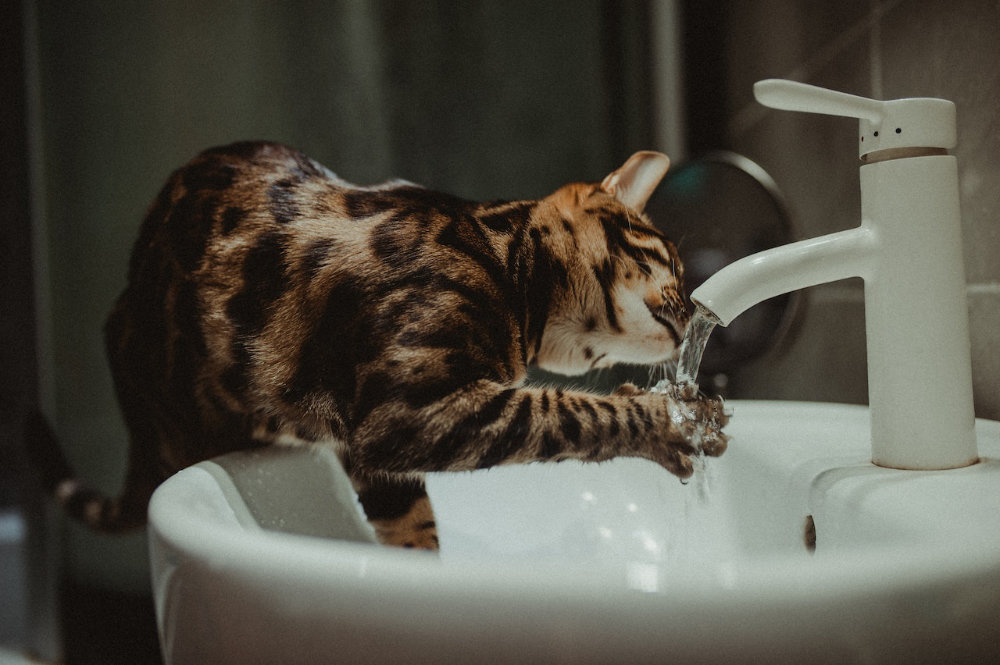Adopting a pet is an exciting and rewarding experience, bringing joy, companionship, and a sense of purpose to many people’s lives. However, pet ownership is a serious commitment that requires careful consideration and planning. This guide aims to help potential pet owners understand what adopting a pet entails, ensuring they can provide a loving, safe, and healthy environment for their new companion.
Understanding the Responsibility Of Pet Adoption

Adopting a pet is much more than just bringing an animal home; it involves a long-term commitment that can last anywhere from a few years to several decades, depending on the type of pet. This commitment comes in various forms, from time and financial considerations to emotional investments.
Time Commitment: Understanding the Time Needed for Pet Care
Owning a pet is a time-consuming endeavor. Pets need regular feeding, exercise, grooming, and attention. Some pets, like dogs, require considerable time each day for walks and play, while others, like fish or reptiles, have specific care requirements that demand regular time commitment. It’s essential to consider your daily schedule, lifestyle, and other commitments before deciding to adopt a pet.
Financial Considerations: The Cost of Owning a Pet
Pet ownership also comes with substantial financial responsibilities. Beyond the initial adoption fee, pet owners must account for ongoing expenses such as food, bedding, toys, grooming supplies, and routine veterinary care. There can also be unexpected costs, such as emergency vet visits or specific dietary needs. Ensure you have a realistic understanding of the financial implications of pet ownership before bringing a new pet home.
Emotional Investment: Pets as Lifetime Companions
Pets often become integral members of the family, and with that comes significant emotional investment. They offer companionship and love but also require patience and understanding. They may present challenges such as behavioral issues, illnesses, or the difficulties of caring for an aging pet. It’s vital to prepare for these emotional aspects of pet ownership, understanding that the rewards often outweigh the challenges.
Choosing the Right Pet for Your Lifestyle Before Adopting
The key to a successful and fulfilling pet ownership experience is selecting a pet that aligns with your lifestyle. This involves assessing your daily activities, home environment, and potential health concerns.
Assessing Your Lifestyle: Active vs. Sedentary
The kind of pet you adopt should align with your lifestyle. If you lead an active lifestyle, a dog might be a good fit as dogs often require regular walks, play, and interaction. Conversely, if you lead a more sedentary or busy lifestyle, a cat, fish, or reptile might be a better choice as they require less active engagement.
Space Availability: Indoor vs. Outdoor Pets
The size and type of your living space can significantly impact your choice of pet. Dogs, especially larger breeds, typically require more space and benefit from a yard for exercise. Cats, small mammals, and birds may be better suited for apartment living. If you’re interested in an outdoor pet like a horse or certain types of poultry, you’ll need to have suitable outdoor space.
Pet Allergies: Understanding Potential Health Concerns
Before adopting, consider potential allergic reactions among members of your household. Some individuals are allergic to cat dander, bird feathers, or certain types of pet hair. Others may have reactions to reptiles or fish. If you or a family member has pet allergies, you’ll need to consider hypoallergenic pets or species that don’t cause allergic reactions.
Evaluating Your Preparedness for Different Types of Pets

Each type of pet requires specific care and attention. It’s important to understand these needs before adopting.
Caring for Dogs: What You Should Know
Dogs require daily exercise, regular feeding, and a lot of attention. They also need training for behavioral development. Healthwise, they need regular vet visits, vaccinations, and preventive treatments for parasites.
Caring for Cats: Key Factors to Consider
Cats require less active engagement than dogs but still need attention, regular feeding, and care. They benefit from having access to scratching posts, climbing trees, and interactive toys. Like dogs, cats require regular vet check-ups and vaccinations.
Understanding the Needs of Small Mammals (Hamsters, Guinea Pigs, etc.)
Small mammals require a well-maintained living environment, proper diet, and mental stimulation. They may be more fragile and less interactive than larger pets, and their smaller size may make them unsuitable for very young children.
Birds as Pets: Are You Ready?
Birds can be social and entertaining pets, but they have very specific care requirements. They need a suitably sized cage, a balanced diet, social interaction, and mental stimulation. Some bird species can be very loud, and many have long lifespans that require a long-term commitment.
Considering Reptiles and Amphibians: Specifics of Exotic Pet Care
Reptiles and amphibians require specific living conditions that need to be closely monitored and maintained. This includes particular light, heat, humidity, and dietary needs. They also may not be as interactive as other pets. It’s crucial to research and prepare for their unique needs.
Preparing Your Home for a Pet Adoption
Before you bring your new pet home, it’s important to prepare your living space to ensure it’s safe and comfortable for them.
Necessary Adjustments: Pet-Proofing Your Home
Pet-proofing your home involves making certain modifications to ensure your pet’s safety. This may include securing loose wires, removing toxic plants, setting up gates or enclosures, and storing away small objects that could be choking hazards. For cats, you may need to set up scratching posts and high resting areas, while for dogs, securing a safe outdoor space might be a priority.
Creating a Safe and Comfortable Environment
Once your home is pet-proofed, you’ll need to create a space where your pet can feel comfortable. This may involve purchasing a bed, crate, or cage, setting up a feeding area, and providing toys and other forms of enrichment. Remember that each type of pet has specific needs in terms of habitat, temperature, light, and comfort.
The Pet Adoption Process
Adopting a pet is a thorough process designed to ensure the welfare of the animals and that prospective owners are well-suited to provide them with a loving home.
How to Choose a Reputable Adoption Center
Choosing a reputable adoption center is critical. Look for an organization that provides complete medical histories, conducts thorough health examinations, and provides post-adoption support. It’s also important to ensure the organization engages in ethical practices, like neutering and spaying pets before adoption.
Understanding the Adoption Process: What to Expect
The adoption process often involves filling out an application, meeting the pet, and sometimes home visits to ensure the pet is a good match for you and your living situation. Be prepared for questions about your lifestyle, work schedule, and how you plan to care for the pet. This process is not designed to be invasive, but rather to ensure a successful, long-term match between you and your new pet.
Post-Adoption: Settling Your Pet into Their New Home

Once your new pet is home with you, it’s important to help them adjust to their new environment and establish routines that will ensure their health and happiness in the long term.
The First Few Weeks: Helping Your Pet Adjust
The first few weeks are critical for helping your pet adjust. Give them time to explore their new surroundings, introduce them to all household members gently, and start to establish a routine for feeding, exercise, and rest. Remember that this can be a stressful time for a pet, so patience and reassurance are key.
Training and Discipline: Establishing House Rules
Training should begin early to help your pet understand what is expected of them. This might involve toilet training, teaching commands (for dogs), establishing areas that are off-limits, and setting routines. Positive reinforcement techniques are usually the most effective and humane way to train pets.
Health Care: Regular Vet Check-Ups and Vaccinations
Your pet’s health should be a top priority. Arrange for a veterinary check-up shortly after adoption and follow their advice regarding vaccinations, diet, exercise, and other health concerns. Regular check-ups and preventive care are key to catching any potential health issues early.
Conclusion
Adopting a pet is a rewarding experience that brings joy and companionship to our lives. It’s a long-term commitment that involves careful consideration of your lifestyle, home environment, financial capability, and time. Remember that the decision to adopt should never be taken lightly, and always ensure that you are prepared to provide a loving, safe, and comfortable home for your new companion. With the right preparation and care, pet ownership can be a profoundly enriching experience.
